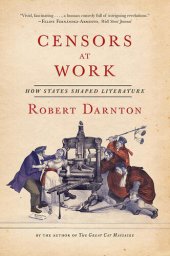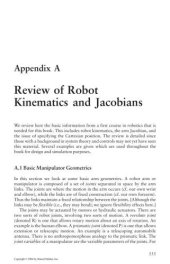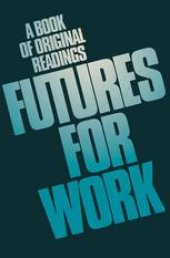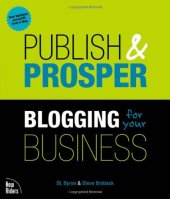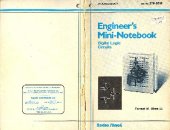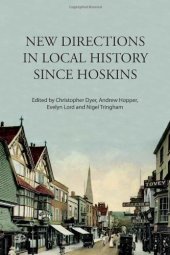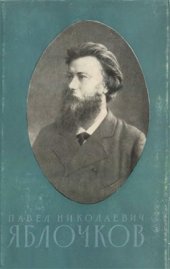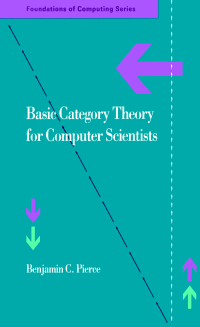
Ebook: Basic Category Theory for Computer Scientists
Author: Benjamin C. Pierce
- Genre: Mathematics
- Series: Foundations of Computing
- Year: 1991
- Publisher: The MIT Press
- Edition: 1
- Language: English
- pdf
Category theory is a branch of pure mathematics that is becoming an increasingly important tool in theoretical computer science, especially in programming language semantics, domain theory, and concurrency, where it is already a standard language of discourse.
Assuming a minimal of mathematical preparation, Basic Category Theory for Computer Scientists provides a straightforward presentation of the basic construction and terminology of category theory, including limits, functors, natural transformations, adjoints, and cartesian closed categories. Four case studies illustrate applications of category theory to programming language design, semantics, and the solution of recursive domain equations. A brief literature survey offers suggestions for further study in more advanced texts.
CONTENTS
========
1 Basic Constructions
1.1 Categories
1.2 Diagrams
1.3 Monomorphisms, Epimorphisms, and Isomorphisms
1.4 Initial and Terminal Objects
1.5 Products
1.6 Universal Constructions
1.7 Equalizers
1.8 Pullbacks
1.9 Limits
1.10 Exponentiation
2 Functors, Natural Transformations, and Adjoints
2.1 Functors
2.2 F-Algebras
2.3 Natural Transformations
2.4 Adjoints
3 Applications
3.1 Cartesian Closed Categories
3.2 Implicit Conversions and Generic Operators
3.3 Programming Language Semantics
3.4 Recursive Domain Equations
4 Further Reading
4.1 Textbooks
4.2 Introductory Articles
4.3 Reference Books
4.4 Selected Research Articles
Bibliography
Summary of Notation
Index
Assuming a minimal of mathematical preparation, Basic Category Theory for Computer Scientists provides a straightforward presentation of the basic construction and terminology of category theory, including limits, functors, natural transformations, adjoints, and cartesian closed categories. Four case studies illustrate applications of category theory to programming language design, semantics, and the solution of recursive domain equations. A brief literature survey offers suggestions for further study in more advanced texts.
CONTENTS
========
1 Basic Constructions
1.1 Categories
1.2 Diagrams
1.3 Monomorphisms, Epimorphisms, and Isomorphisms
1.4 Initial and Terminal Objects
1.5 Products
1.6 Universal Constructions
1.7 Equalizers
1.8 Pullbacks
1.9 Limits
1.10 Exponentiation
2 Functors, Natural Transformations, and Adjoints
2.1 Functors
2.2 F-Algebras
2.3 Natural Transformations
2.4 Adjoints
3 Applications
3.1 Cartesian Closed Categories
3.2 Implicit Conversions and Generic Operators
3.3 Programming Language Semantics
3.4 Recursive Domain Equations
4 Further Reading
4.1 Textbooks
4.2 Introductory Articles
4.3 Reference Books
4.4 Selected Research Articles
Bibliography
Summary of Notation
Index
Download the book Basic Category Theory for Computer Scientists for free or read online
Continue reading on any device:

Last viewed books
Related books
{related-news}
Comments (0)

